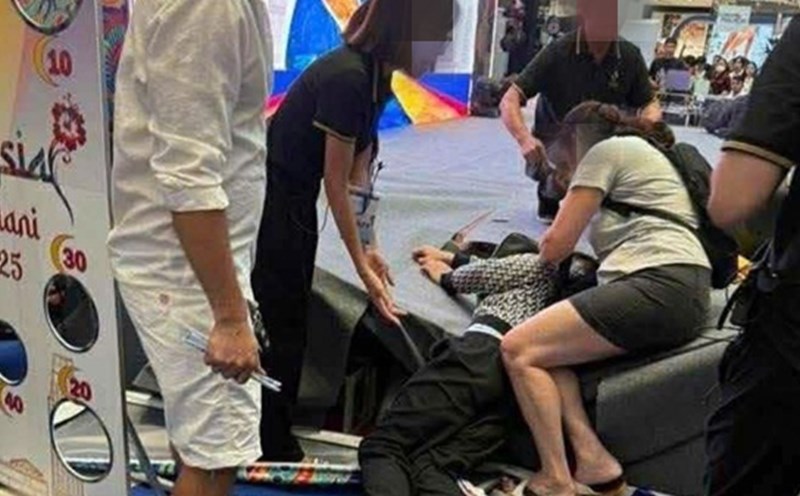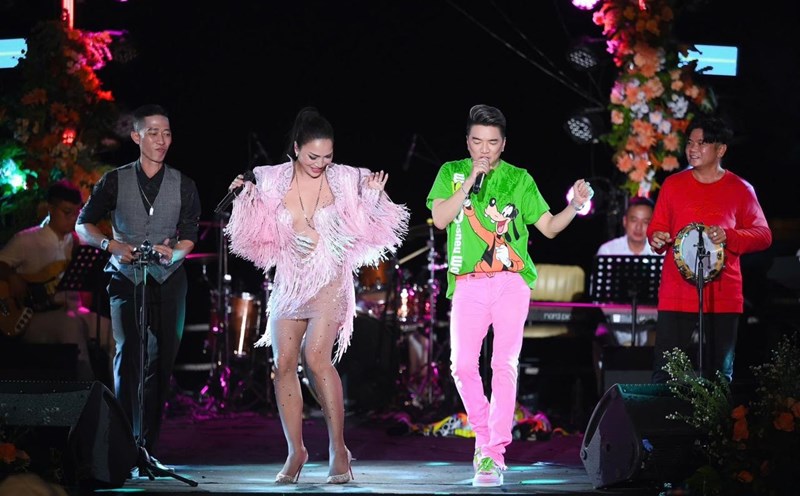On August 2, Ukrainian anti-corruption agencies said they had exposed a major corruption case involving the purchase of military unmanned aerial vehicles (UAVs) and signal interference systems at inflated prices.
According to the National Anti-Corruption Agency (NABU) and the Office of the Special Anti-Corruption Prosecutor (SAPO), the suspects caught red-handed include a incumbent lawmaker, two local officials and a number of National Guard staff who were unidentified while receiving bribes. However, none of them were specifically named in the statement.
The statements of the agencies clearly stated: "The nature of the plan is to sign state contracts with suppliers at arbitrarily increased prices," and added that violators have received commissions of up to 30% of the contract value. Currently, all 4 people have been arrested.
"Only a reluctant attitude towards corruption can be achieved, working in groups clearly to expose corruption and the outcome is a fair verdict," Ukrainian President Volodymyr Zelensky wrote on Telegram.
Previously, on July 23, President Zelensky allowed the prosecutor general to transfer corruption cases to other investigating units, and may suspend investigations in some cases.
The decision was immediately strongly opposed by Ukrainians, with a series of protests starting in the capital Kiev and major cities such as Lviv, Dnipro and Odessa. Many people believe that the law goes against the reform commitment and the path of European integration that Ukraine is pursuing.
Even Western allies, including the European Union (EU) and the G7, have expressed deep concern about this development.
As of August 2, Mr Zelensky said he had listened to the people's anger and submitted a bill to restore the previous independence of these agencies, which was voted for by the Verkhovna Rada (Ukrainian parliament) on July 30.











